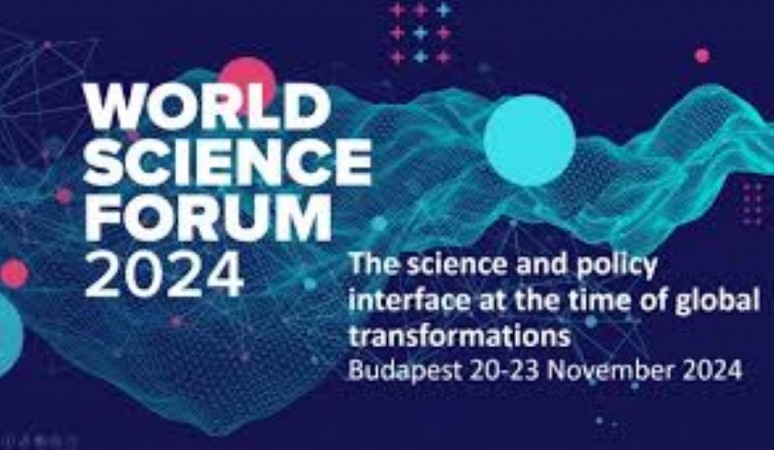
The African Academy of Sciences (AAS) took the spotlight at the 2024 World Science Forum in Budapest, Hungary, with a dynamic session emphasizing equitable research partnerships. The side event, titled "Equitable Research Partnership for Impact," brought together global thought leaders to explore strategies for fostering inclusive collaborations that drive innovation and address shared global challenges.
Discussions at the forum underscored the importance of research frameworks built on trust, inclusivity, and shared objectives. Dr. Peggy Oti-Boateng, Executive Director of the AAS, emphasized the significance of equitable partnerships in shaping Africa’s development. “Africa’s transformation depends on equitable research partnerships,” she stated. “These collaborations ensure that scientific solutions are tailored to African realities while addressing global challenges.”
The session highlighted critical areas, including the need for African leadership in setting research priorities and establishing sustainable funding models. Participants stressed the importance of frameworks to effectively monitor and evaluate research outcomes. The Brussels Statement, a call to action for fair and sustainable collaboration, was praised for its potential to reshape research partnerships globally.
A key highlight of the event was the AAS’s ARISE program, which currently supports 47 young researchers across 38 African countries. The initiative aligns with Africa’s Science, Technology, and Innovation (STI) goals, focusing on transformative solutions in areas such as agriculture, healthcare, and climate resilience. Through ARISE, the AAS seeks to empower African researchers while addressing the continent’s most pressing challenges.
Dr. Ezra Clark of UNESCO’s Science, Technology, and Innovation Policy Section spoke about the transformative role of open science in closing knowledge gaps and accelerating progress toward the UN Sustainable Development Goals. Additionally, the European Union’s Global Gateway Strategy was highlighted as a model for fostering long-term, sustainable partnerships between Africa and Europe.
European Commission Policy Officer Inga Navardauskiene emphasized the importance of organizations like the AAS in bridging gaps between governments, academia, and the private sector. Collaborative initiatives, such as oceanography partnerships between Africa and Europe, were presented as successful examples of equitable research yielding local and global benefits.
The session concluded with a unified call to align global research efforts with Africa’s development goals, particularly those outlined in the African Union’s Agenda 2063. The AAS reaffirmed its commitment to shaping global research narratives by prioritizing partnerships that elevate African leadership, expand networks, and scale impactful projects.
Through its advocacy for inclusive, sustainable, and Africa-driven research, the AAS is championing a scientific revolution that aligns with the continent’s aspirations for prosperity, integration, and global influence.
Article by Jed Mwangi
Photo/Google

Comment